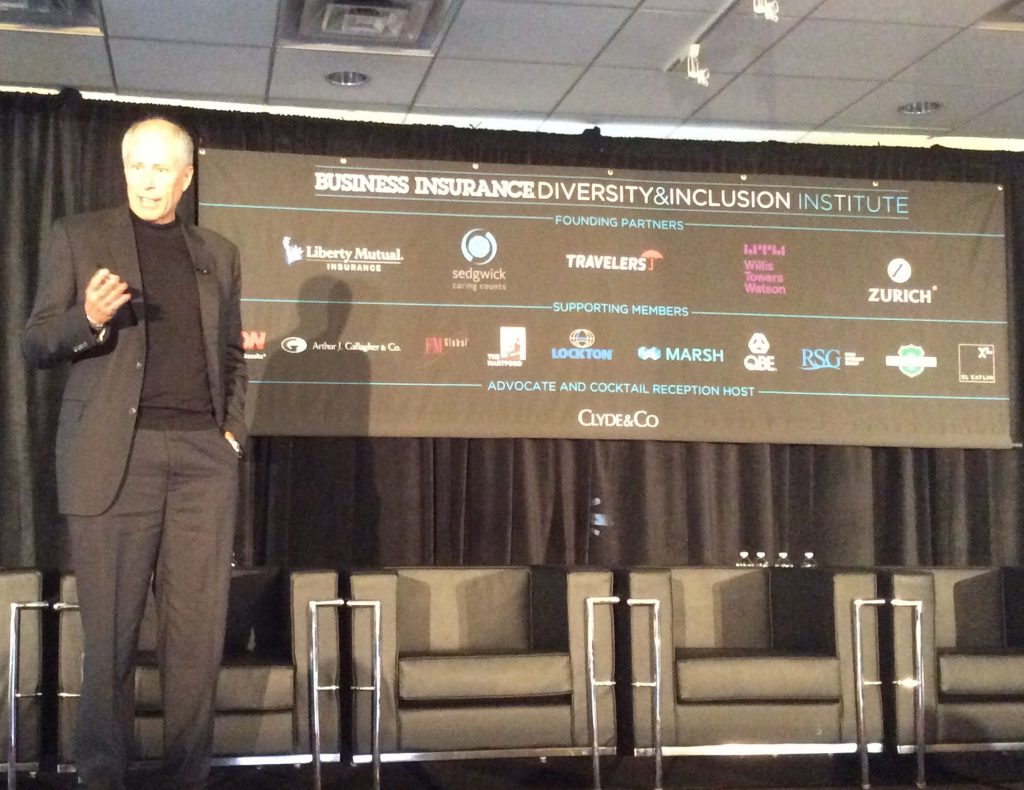Managing in a Time of Fear
Events of the past few years have left our collective culture reeling: Shootings of African American men and women by the police, international and domestic events of terror based on religion, race or political agendas, rampant homophobic incidents, Islamophobia and anti-immigrant hysteria. We can no longer pretend that these issues do not impact our employees and our organizational community, yet many leaders don’t know quite what to do. In this session at Business Insurance’s 2016 Absolute Inclusion Conference, Howard Ross, Founder & Chief Learning Officer of Cook Ross, Inc., identified the psychology and neurobiology of fear, the impact it has on the workplace, and what leaders can do about it.
Elevated levels of stress can have a huge impact on the organization. It leads to increases in sick leave, higher levels of conflict, lower levels of productivity and, ultimately, poor talent management decisions.
Unconscious bias resides in all of us and we are overwhelmingly unaware that it influences our actions. Appearance, race, religion, accent – all of these trigger automatic responses from us. The question is not IF we have bias, it’s WHICH biases we have. Why does this happen? According to Ross, “We don’t think the way we think we think.” We all have selective attention and we hear with our eyes more than we realize. We also subconsciously associate past experiences into current interactions.
We have an internal book of rules, or “schema”, on how we are supposed to act at work. This dictates things like how we dress and how we perceive things like an “open-door” policy. This is impacted by the world we live in. It’s like a contact lense that we see the world through. Elements like our background, gender and sexual orientation affects our schema, therefore, how we perceive what is good or bad / correct or incorrect. This can lead us to make questionable decisions, which translates into decision making in the workplace, for example, in how we perceive candidates in job interviews.
Fearful times intensifies our behavior and fear is fed by what we are exposed to. We are programmed to look for certain behavior from a certain set of people.
How do we break the cycle?
- Acknowledge the reality that people are dealing with. Don’t ignore or avoid.
- Become an observer of how these fears impact ourselves. We can’t change anything until we accept it.
- Start watching and listening to other media sources opposite of our viewpoints.
- Open dialogue in a constructive way within our organizations.
- “Take the other to lunch” – be curious, authentic and listen, don’t persuade, defend of interrupt. This is a great way to learn how life experiences might influence how the “other” thinks.
- Be an ally. Don’t try to be a savior. That will not be perceived well. We need to have empathy and march side-by-side.
- Create communities of support that include education, priming, systems and structure, and accountability.


